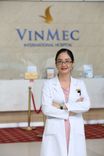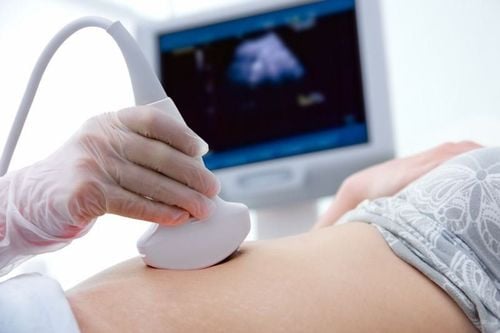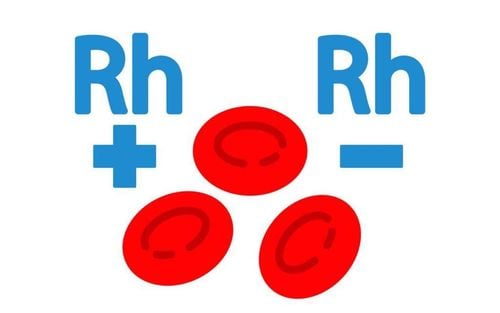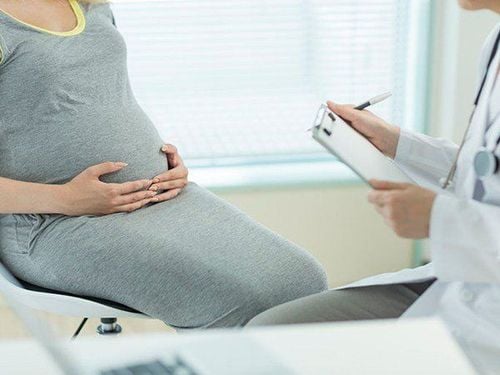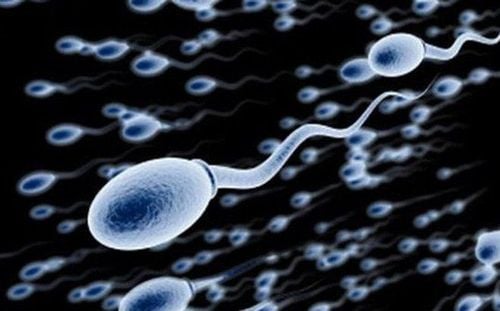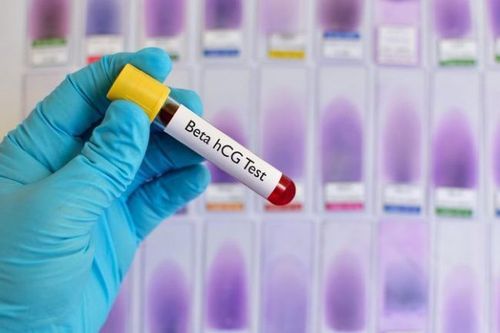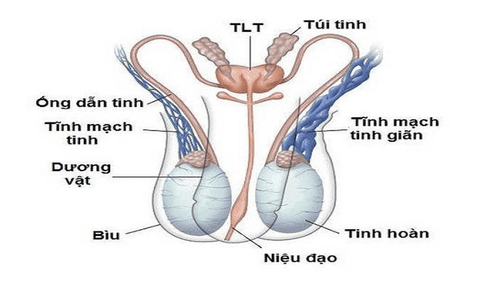This is an automatically translated article.
The article was professionally consulted with Specialist Doctor I Pham Thi Yen - Obstetrician-Gynecologist - Department of Obstetrics and Gynecology - Vinmec Hai Phong International General Hospital.Thanks to contraception and assisted reproductive technologies, couples today have more control over when they start a family than in the past. While getting ready to start a family is positive, fertility naturally declines with age and having a baby late can increase the risk of pregnancy complications.
1. Age 20
Women are most fertile and have the best chance of getting pregnant in their 20s.This is when a woman's body has the highest number of good quality eggs and the lowest risks of pregnancy complications. . At the age of 25, the conception rate after 3 months is less than 20%
2. Age 30
Fertility gradually begins to decline around the age of 32. After age 35, that decline accelerates.Women are born with all the eggs, about 1 million. However, the number of eggs gradually decreased over time.
At the age of 37, it is estimated that the body will have about 25,000 eggs left.
At the age of 35, the conception rate after 3 months of preparation drops to about 12%.
The risk of miscarriage and genetic abnormalities also begins to increase after the age of 35. At this stage, women can face many complications during pregnancy or during childbirth later in life.
Therefore, the doctor may recommend additional screening and testing for pregnant women and fetuses at this stage.
Fertility gradually begins to decline at the age of 32. Therefore, your doctor may recommend additional screening and testing for you and your baby at this stage

3. Age 40
A serious decline in a woman's natural ability to get pregnant occurs in her 40s. At 40, your odds of conceiving after 3 months of preparation are only about 7%.Over time, the number and quality of a woman's eggs decline. Older eggs may have more chromosomal problems, increasing the odds of having a baby with a birth defect.
Most women in their 40s can still get pregnant and give birth to a healthy baby, but the risks increase significantly during this time. These risks include:
Forced cesarean section Preterm birth Low birth weight Birth defects stillbirth Medical conditions, such as diabetes and high blood pressure, are more common in women after the age of 35 . These can lead to pregnancy complications such as gestational diabetes and preeclampsia.
After the age of 40, the doctor may do more tests and follow-up to diagnose possible complications.
4. Breeding Selection
If you are over 35 and have been trying to conceive for more than 6 months, you may be dealing with fertility problems. Your doctor or obstetrician-gynecologist can help determine why you're not pregnant and recommend next steps to help with conception.Currently, assisted reproductive technologies (ART) can help women conceive, but cannot fully compensate for age-related declines in fertility.
Doctors can treat fertility problems in women with drugs that stimulate egg production and techniques such as in vitro fertilization (IVF). But the success rate of conception with these methods decreases as a woman ages.
Another option is to use healthy donor eggs. Eggs in a hospital donor bank are fertilized with your partner's sperm and then transferred to the uterus in your own body.
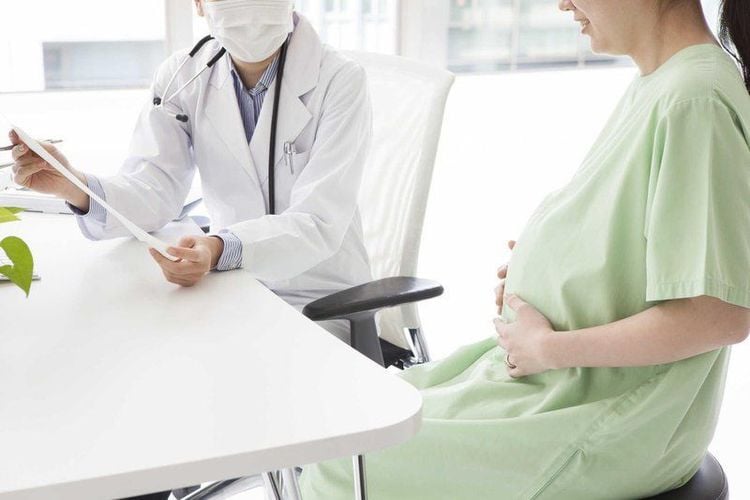
5. Egg freezing
Many clients are not quite ready to have a family but know that they might want to get pregnant and start a family in the future, they may want to consider egg freezing at the time of egg quality. healthiest.First, women will take hormones to stimulate egg production. The eggs are then collected and frozen at the hospital's egg warehouse. Eggs can be kept for several years.
When ready to use, the egg is thawed and injected with a sperm to be fertilized. The resulting embryos will then be implanted in the woman's uterus.
Egg freezing does not fully guarantee fertility and pregnancy, even with young and good egg quality. This is especially true when women are in their 30s to 40s. However, this method ensures that a woman will have a healthy egg bank when she is ready to conceive.
6. Male fertility
A man's fertility also decreases with age. But this process occurs later than women, starting at age 40.After that age, men have lower semen volume and sperm count. Sperm also have a reduced ability to swim and fertilize.
Sperm cells of an older man are also more likely to have genetic abnormalities than younger men.
For men the older they are, the longer it will take them to get their woman pregnant. And his partner was at a higher risk of miscarriage, regardless of their age.
This does not mean that a man cannot have children at the age of 40 or older. But this process can be more difficult and risky than previous stages.
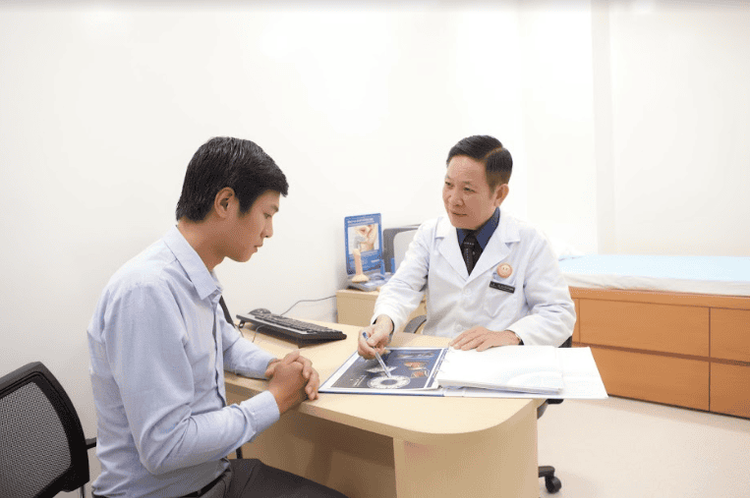
7. Benefits of having a baby late
In addition to giving many people time to develop their own careers and relationships, getting pregnant when ready and not rushed has other benefits for both parents and children.A 2016 study found that older mothers are more patient and tend to be less likely to yell and punish their children. Their children also had fewer social, emotional, and behavioral problems than in elementary school.
Research has also found that children born to older mothers are generally healthier and better educated than those born to younger mothers.
Late childbirth can also help prolong a woman's life. Another 2016 study found a much higher 90-year survival rate among women who delayed having children.
While this evidence is promising, there is currently no real evidence linking late childbirth and longevity.
Here are some cases where customers should visit and consult a doctor.
Did not conceive within 1 year of preparation, under the age of 35 Did not conceive within 6 months of preparation, over the age of 35 Couples with genetic disease, or had multiple miscarriages Support Center Reproduction IVF Vinmec is the address of infertility treatment - infertility is chosen by many couples. So far, the Center has performed fertility support for over 1000 infertile couples with a success rate of over 40%. This rate is equivalent to developed countries such as the UK, USA, Australia,...
The center gathers a team of leading experts in the field of obstetrics and gynecology nationally and internationally, trained in centers leading in the world such as in the US, Singapore, Japan, Australia and famous fertility centers in the world.
With high expertise and extensive experience, Vinmec IVF Center's experts are capable of synchronously and comprehensively deploying the most advanced assisted reproductive techniques today, helping realize the dream of becoming a parent of hundreds of families across Vietnam.
Please dial HOTLINE for more information or register for an appointment HERE. Download MyVinmec app to make appointments faster and to manage your bookings easily.
Reference article: Healthline.com
